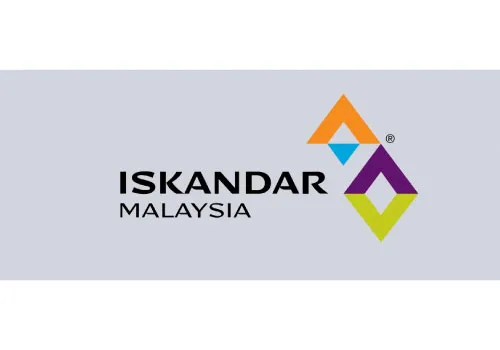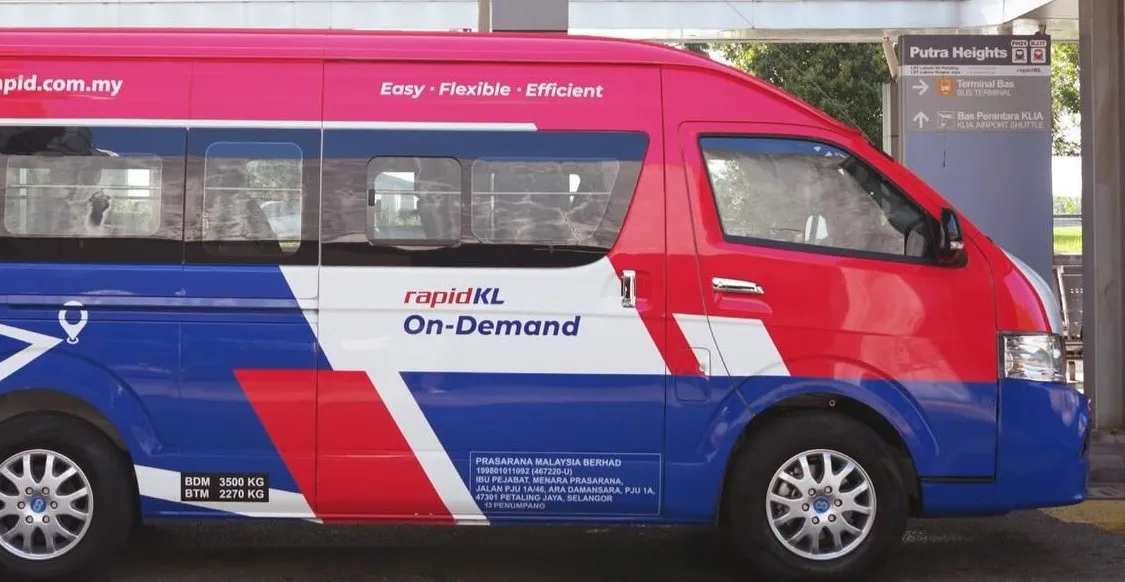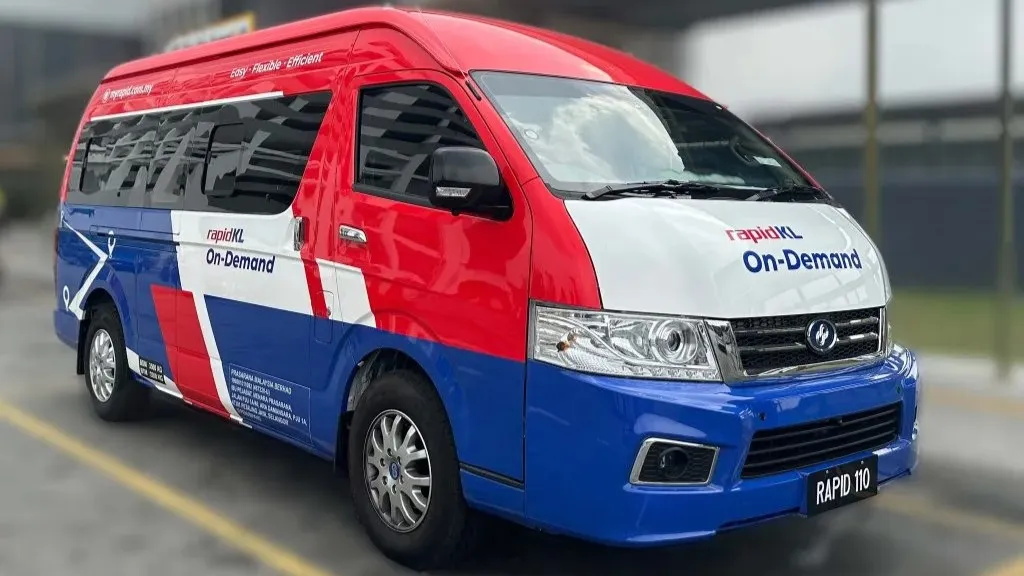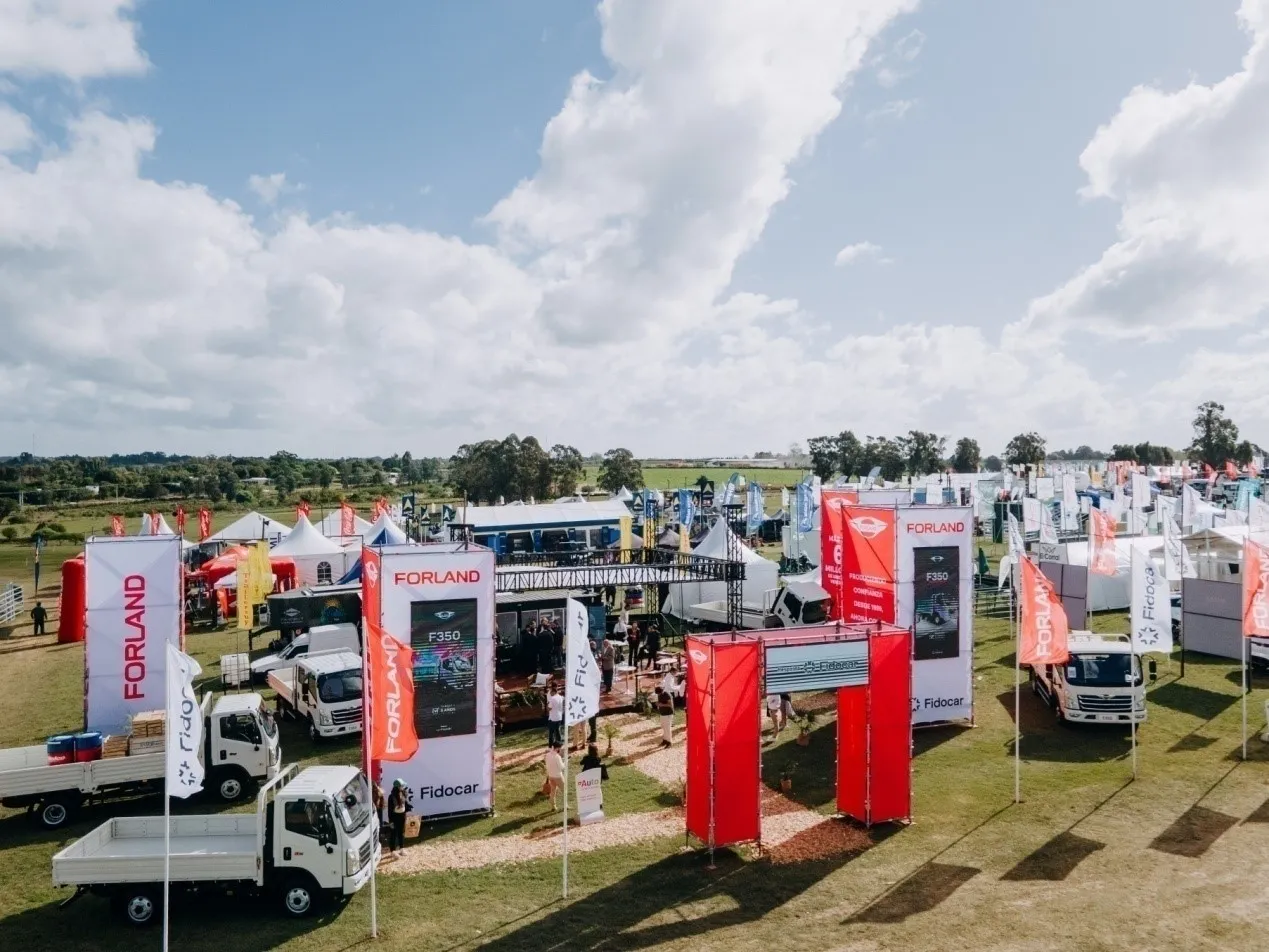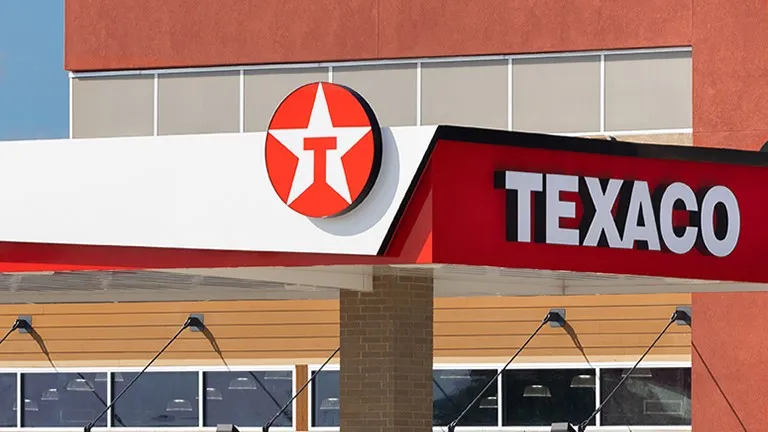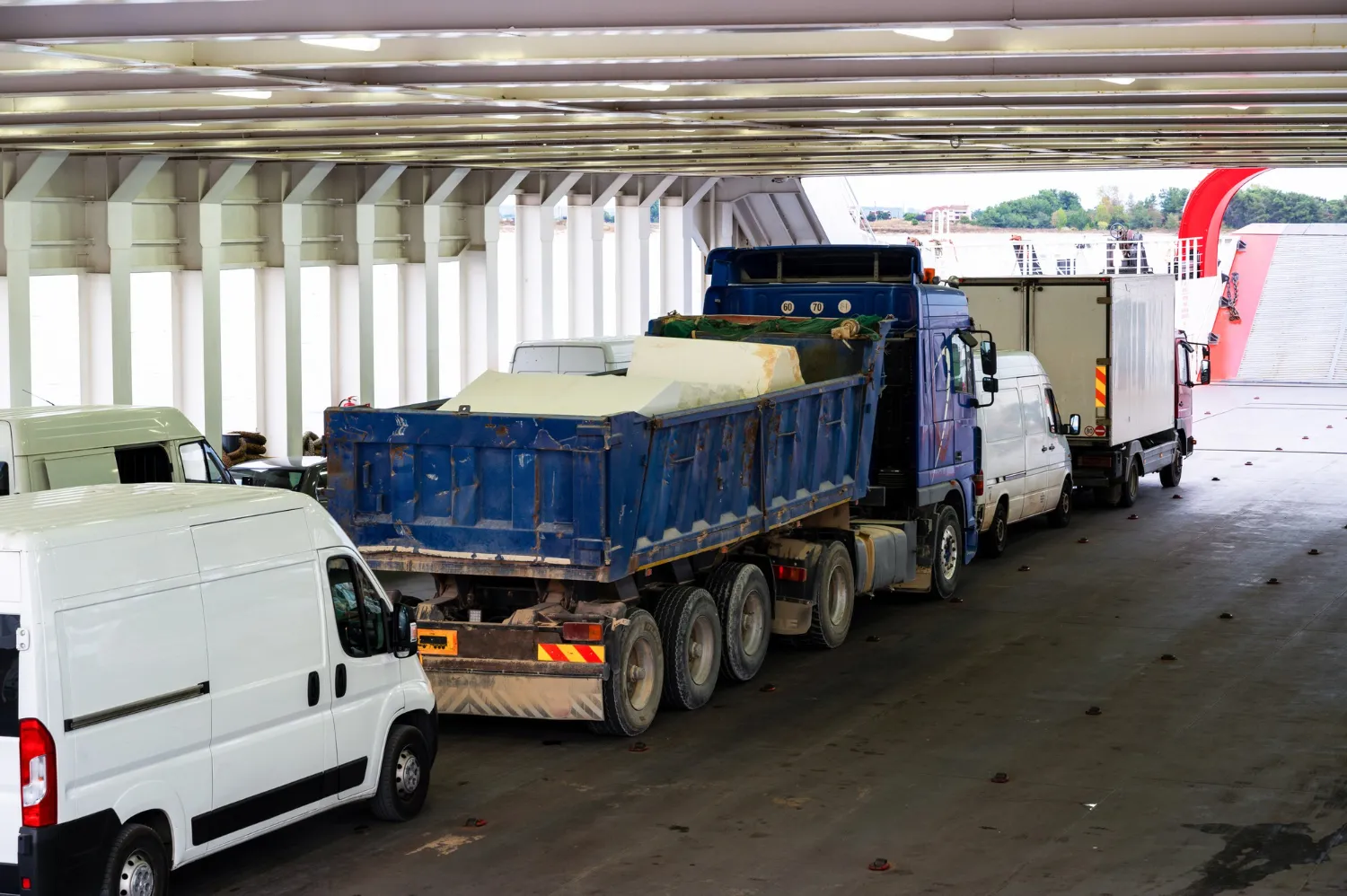The Iskandar Malaysia Bus Rapid Transit (IMBRT) project is now moving forward into the next phase, which involves a three-month pilot testing programme.
Nine Bus Suppliers Involve in IMBRT Pilot Testing
Datuk Ismail Ibrahim, Chief Executive of IRDA said, “This IMBRT Pilot Testing programme will see the involvement of nine bus suppliers that will conduct a demonstration of the latest green bus technologies including electric and biodiesel. The participating suppliers will showcase buses ranging from 6 metres, 12 metres to 32 metres. It will be conducted by IRDA along the Lebuhraya Sultan Iskandar between Horizon Hill and Anjung in Medini for a duration of three months beginning 8th April.”
He said the programme would mark a significant milestone for the IMBRT as the project goes into full gear. “An efficient and integrated public transport infrastructure is a catalyst for attracting foreign and domestic investments into the region to spur further economic growth. Iskandar Malaysia needs to be well connected to grow as a strong and sustainable metropolis of international standing. This is only possible with the support of a reliable public transportation system that has a wide coverage such as the IMBRT.”
Billed as the backbone of public transportation in Iskandar Malaysia, the IMBRT’s primary goal is to enhance public transportation coverage within the region from 39 percent to 90 percent and increase public transportation modal share from 15 percent to 40 percent by 2025.
The IMBRT will provide 55 feeder and 44 direct services, bringing the total network coverage to 2,051 km or approximately 90 percent of the populated area of Iskandar Malaysia.
Whilst the IMBRT’s main trunk line has a span of 54.92km across Skudai, Tebrau, and Iskandar Puteri. It will consist of 33 stations, with one hub in Universiti Teknologi Malaysia (UTM) on the Skudai Line. The main trunk line will also have two end stations — one in Desa Jaya on the Tebrau Line and the other in Anjung on the Iskandar Puteri Line.

